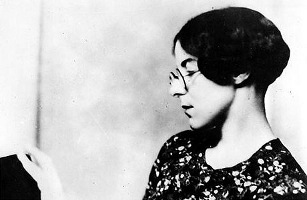A Quote by John Gay
Some folks of cider make a rout
And cider's well enough no doubt
When better liquors fail;
But wine, that's richer, better still,
Ev'n wine itself (deny't who will)
Must yield to nappy ale
Related Quotes
Before the end of December, generally, they experience their first thawing. Those which a month ago were sour, crabbed, and quite unpalatable to the civilized taste, such at least as were frozen while sound, let a warmer sun come to thaw them, for they are extremely sensitive to its rays, are found to be filled with a rich, sweet cider, better than any bottled cider that I know of, and with which I am better acquainted than with wine. All apples are good in this state, and your jaws are the cider-press.
We laughed a lot and I grew warmer still, lovely and warm. I do realize that some of that warmth was due to the wine, but there was much more to it than that. There are two distinct aspects to Communion wine: one aspect is the wine itself, the other is the idea of communion. Wine is certainly warming, but communion is a great deal more so.
There's always a wine bully. The one person who did read the 'Wine Spectator,' who tells you what to drink and why the '97 is better than the '98. I want to punch the wine bully in the face. I want to make sure this generation of wine drinkers isn't elitist and snotty. I want it to be about family and bringing people together.
The goal in tasting wine is not to "find" the same aromas and flavors some other taster is describing. If you hone your own perceptual abilities and develop the vocabulary to articulate them, you'll not only derive more pleasure from the wine itself, but also stimulate better communication between you and the friends who are sharing the bottle.
This is not really currency that circulates. It's like the old joke about expensive vintage wine. Wine prices will go up and once in a while somebody will buy a 50-year-old bottle of wine and say, "Wait a minute. This has gone bad." The answer is, "Well, that wine isn't for drinking; that's for trading." These $100 bills aren't meant to circulate. They're not to spend on goods and services. They're a store of value. They're a form of saving.
By the time of the Civil War, there were many kinds of apples growing across the United States, but most of them didn't taste very good, and as a rule, people didn't eat them. Cider was cheaper to make than beer, and many settlers believed fermented drinks were safer than water. Everyone drank hard cider.







































